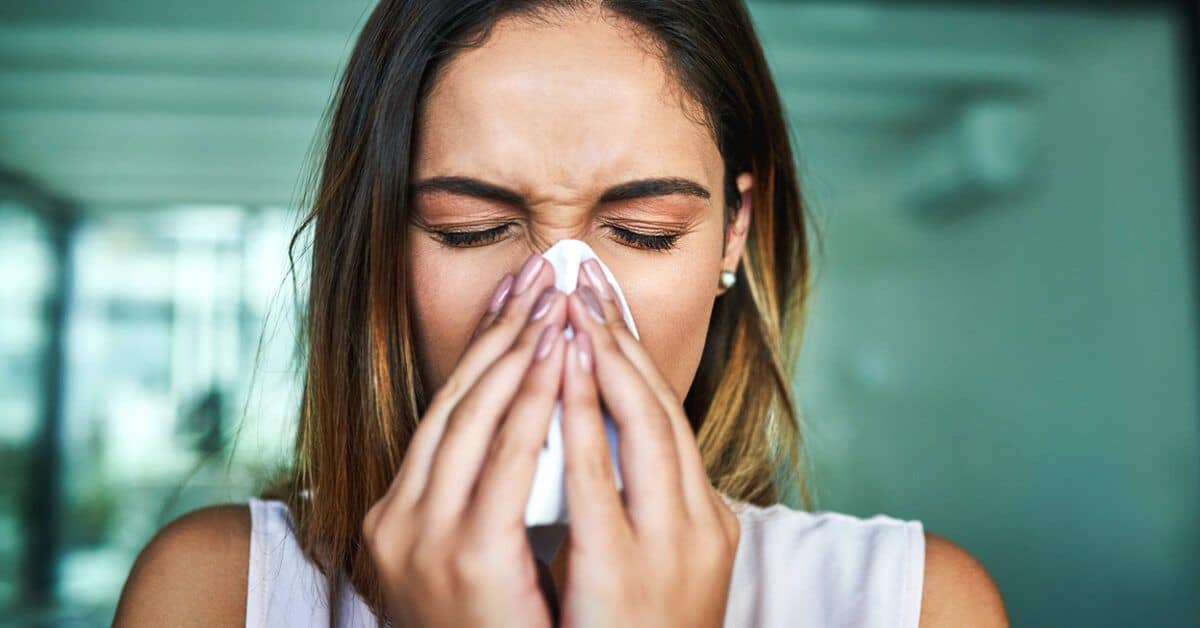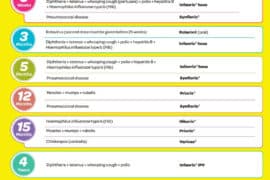Is Your Child Struggling with Dry Sinuses? Here’s How You Can Help!
As a parent, seeing your child struggle with the discomfort of dry sinuses can be heart-wrenching. Dry sinuses can affect children in the same way as they do adults, leading to a range of uncomfortable symptoms. But, fear not! We’re here to provide you with a comprehensive guide brimming with tips, tricks, and insightful knowledge to help your little one breathe more easily and find the soothing relief they deserve.
Understanding Dry Sinuses in Children
First things first – what are dry sinuses? The condition occurs when the delicate lining of your child’s sinus passages becomes too dry. This can lead to irritation, inflammation, and sometimes, infection. A variety of factors, such as indoor heating, low humidity, and certain medical conditions can contribute to the problem.
Potential Causes of Dry Sinuses
- Environmental factors: Dry air, especially in the winter months when heaters are running, can sap the moisture from your little one’s sinuses.
- Dehydration: Not drinking enough fluids can lead to dehydration, affecting sinus health.
- Medications: Certain medications, such as antihistamines or decongestants, may dry out the sinuses as a side effect.
Identifying the cause of your child’s dry sinuses is the first step towards finding a solution. Now, let’s dive into how you can recognize when your child is experiencing this issue.
Spotting the Symptoms of Dry Sinuses
How can you tell if your child has dry sinuses? Here are some common symptoms to watch out for:
- A persistent feeling of dryness or stuffiness in the nose
- Breathing through the mouth due to a feeling of nasal blockage
- Nosebleeds, as the dry tissues can crack and bleed
- Facial pain or headaches, which may indicate inflammation
When to Seek Medical Advice
If your child is showing symptoms of dry sinuses, and they persist or worsen, it’s always a good idea to consult with a pediatrician or an ENT specialist. They can provide personalized advice and determine if there’s an underlying condition that needs treatment.
Simple At-Home Remedies to Alleviate Dry Sinuses
Fret not, as there are several home remedies to help moisturize your child’s sinuses and ease those uncomfortable symptoms. Let’s explore some gentle and effective solutions:
Humidify the Air
Using a humidifier in your child’s room can add the much-needed moisture back into the air, preventing the sinuses from drying out. Be sure to keep the humidifier clean to avoid the growth of mold or bacteria.
Hydration is Key
Encourage your child to drink plenty of fluids. Water, juices, and broths can help keep their mucous membranes moist and functioning properly. A well-hydrated body can work wonders in preventing and treating dry sinuses.
Now that we’ve covered the basics of identifying and beginning to treat dry sinuses in children, in the next section, we will delve deeper into more advanced care techniques and preventative measures to ensure your child’s sinuses stay healthy and hydrated.
So, stay tuned as we continue to unwrap the layers of managing and preventing dry sinuses, ensuring your child’s comfort and health are at the forefront. Remember, a little attention and care can go a long way in keeping those pesky sinus troubles at bay. Your child’s smile and ease of breath are your ultimate rewards!

5 Key Things Parents Should Know in Preparing for Dry Sinuses in Children
1. Recognizing the Early Warning Signs
Being proactive about your child’s sinus health starts with recognizing early signs of dryness. Watch for less obvious indicators, such as frequent throat clearing or a mild cough, which could be a result of nasal drip caused by dry sinuses.
2. The Importance of a Balanced Diet and Hydration
Hydration goes beyond just drinking water. Ensure that your child has a balanced diet rich in fruits and vegetables, which naturally contain water and can aid in overall hydration, supporting sinus health.
3. Creating an Allergy-Safe Environment
Allergens can exacerbate sinus issues by causing nasal congestion and dryness. Using air purifiers, hypoallergenic beddings, and keeping pets out of the child’s bedroom can create an environment that limits allergen exposure.
4. Understanding the Role of Over-the-Counter Medications
While medications like nasal sprays and decongestants can offer immediate relief, understand their role and limitations. Prolonged use may lead to further drying or dependency, so it’s critical to follow the instructions and consult with healthcare providers for long-term solutions.
5. Emphasizing Prevention During Seasonal Changes
Changes in the weather can significantly impact sinus conditions. Prepare for seasonal shifts by implementing preventive measures like using humidifiers and dressing your child appropriately to handle the climate change, keeping sinuses from becoming too dry.
Being armed with this knowledge means you can now be vigilant and responsive to the needs of your child’s sinus health. Advocating for these preventative measures and recognizing the signs early on can spare your child from discomfort and ensure they have more days filled with play, laughter, and ease.
As we wrap up, let it be a gentle reminder that managing your child’s sinus health is an ongoing process. By staying aware, making small but impactful lifestyle changes, and knowing when to seek professional advice, you can provide a nurturing environment where dry sinuses become a rarity, rather than the norm. Empower yourself with this knowledge, and watch your child thrive in vibrant health!
See more great Things to Do with Kids in New Zealand here. For more information see here
Disclaimer
The articles available via our website provide general information only and we strongly urge readers to exercise caution and conduct their own thorough research and fact-checking. The information presented should not be taken as absolute truth, and, to the maximum extent permitted by law, we will not be held liable for any inaccuracies or errors in the content. It is essential for individuals to independently verify and validate the information before making any decisions or taking any actions based on the articles.




